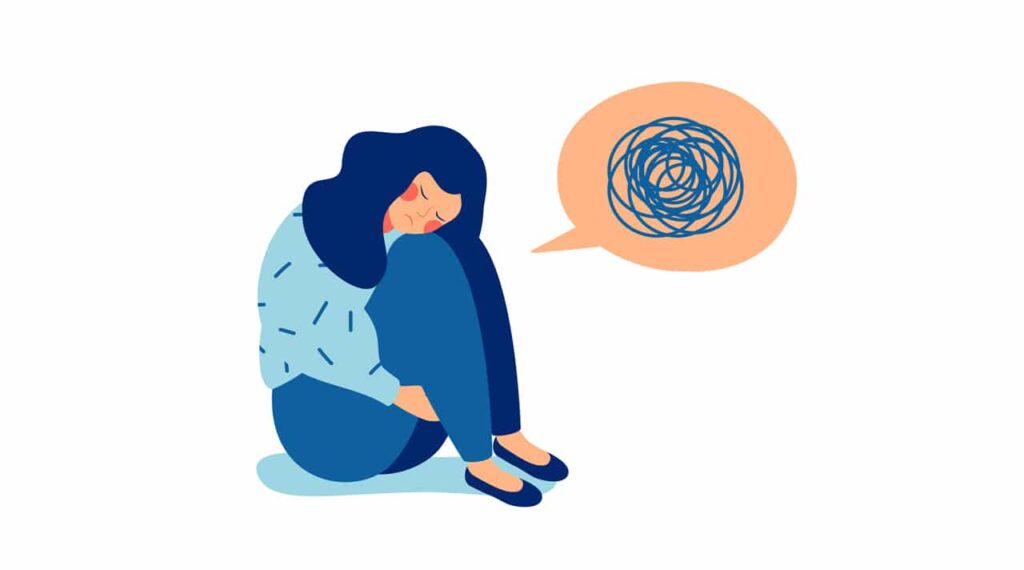Living with anxiety can be an extremely different experience from person to person, especially considering the fact that symptoms tend to vary based on types of anxiety disorders. However, most people with anxiety can agree that their condition can prevent them from doing the things they want to do or even from feeling like themselves at times. Follow these tips to try and cope with anxiety. Normal anxiety is different from problem anxiety, this is something what your therapist will be able to help you with. Daily affirmations are another great idea to start with.
Though living with anxiety can be a challenge, you’re not alone. Anxiety disorders aren’t only extremely common, they’re also very treatable through a variety of methods and both adults and children can suffer from it. Not sure which anxiety disorder your symptoms fall under? Here are a few of the most common:
Generalized anxiety disorder, or GAD. GAD has often been described as the persistent feeling that something bad is going to happen throughout your everyday life. This can also manifest physically in nausea, fatigue, restlessness, and insomnia. Common treatments include regular talk therapy, self-care such as stress management and relaxation techniques, and selective serotonin reuptake inhibitors, or SSRIs.
Social anxiety disorder. People with social anxiety disorder fear being disliked by others or being publicly humiliated, often to a debilitating degree. In some severe cases, people with this disorder will avoid all social situations entirely. The most highly recommended treatment for social anxiety disorder is to meet with a therapist regularly to work on self-confidence and coping tactics; however, some patients opt for SSRIs or antidepressants in addition.
What are the short and long term effects of anxiety?
Panic disorder. Those with panic disorder experience frequent panic attacks, often seemingly out of nowhere, and typically live in fear of experiencing an episode. Panic disorder is usually accompanied by agoraphobia, the fear of not being able to escape or receive help should you have a panic attack in public, which leads patients to avoid most public places. Some patients take antidepressants or SSRIs, but most are able to develop tools to cope and improve through therapy.
Obsessive-compulsive disorder, or OCD. OCD causes behaviors and thoughts that are unwanted yet seemingly impossible to control or stop. Common compulsions include recurring worries about a singular task or the need to wash your hands a certain amount of times. Therapists will often take multiple approaches depending on the OCD patient including support group therapy and exposure therapy to reduce symptoms.
Phobias, or irrational fears. Those with a phobia experience unrealistic fear of a specific situation, object, or activity that doesn’t present real danger, such as animals, fear of flying, and fear of heights. Talk therapy and exposure therapy can help patients with a phobia to improve their symptoms.








